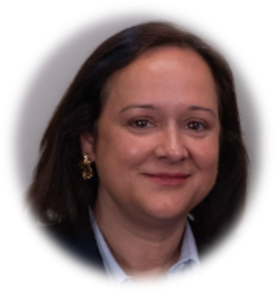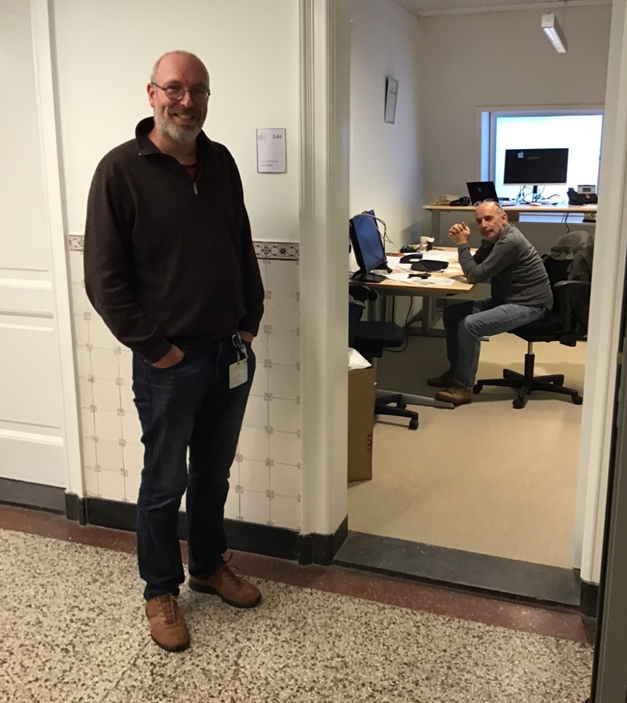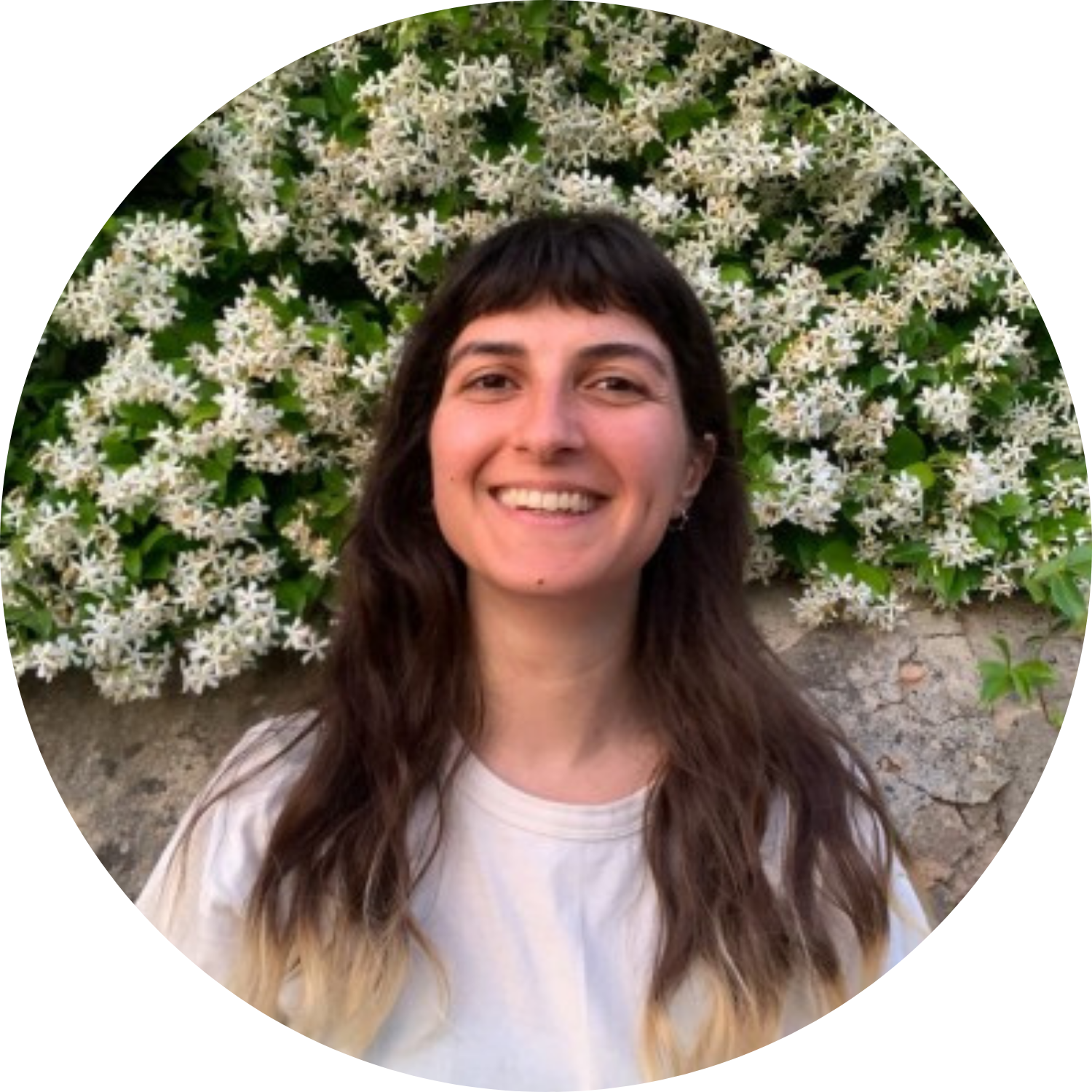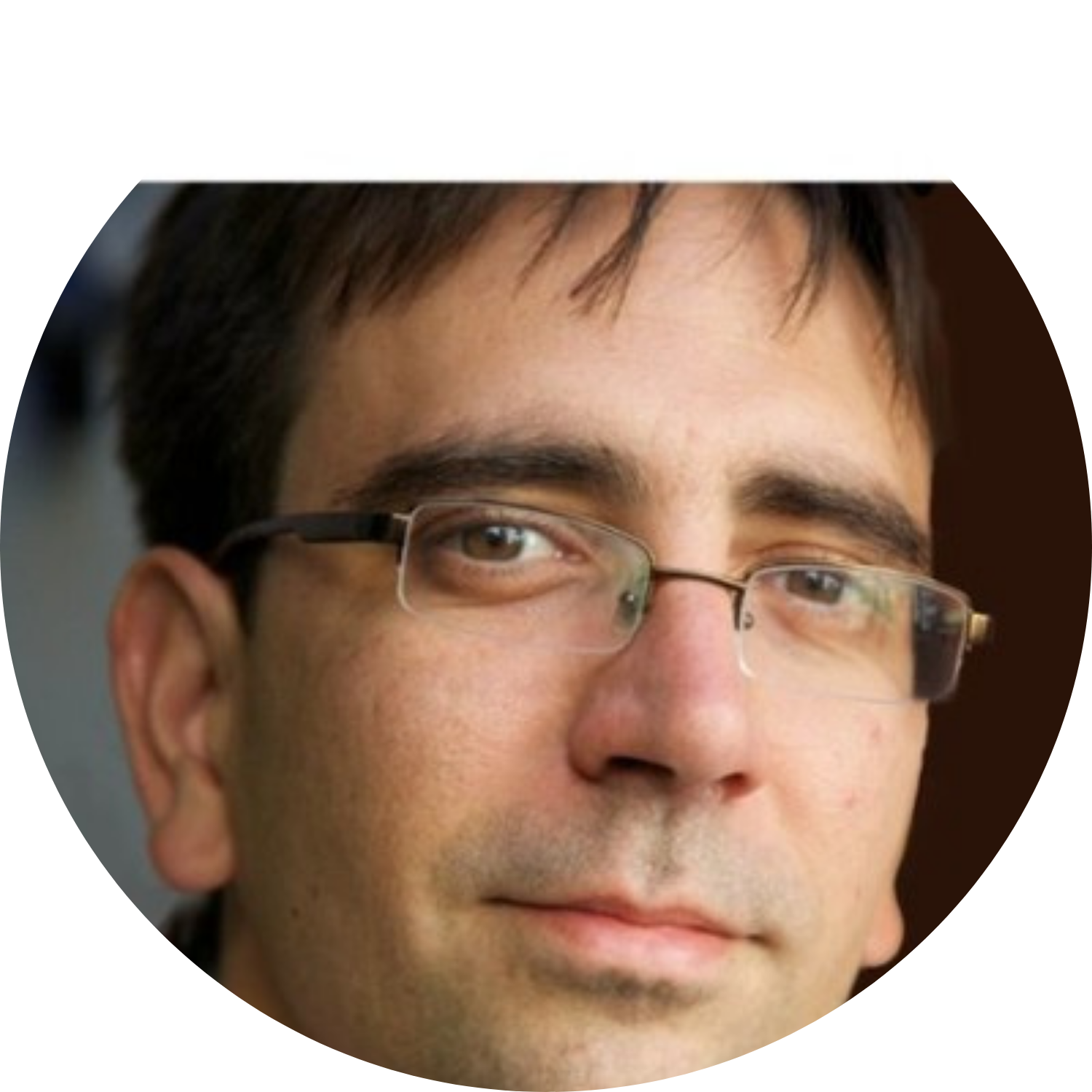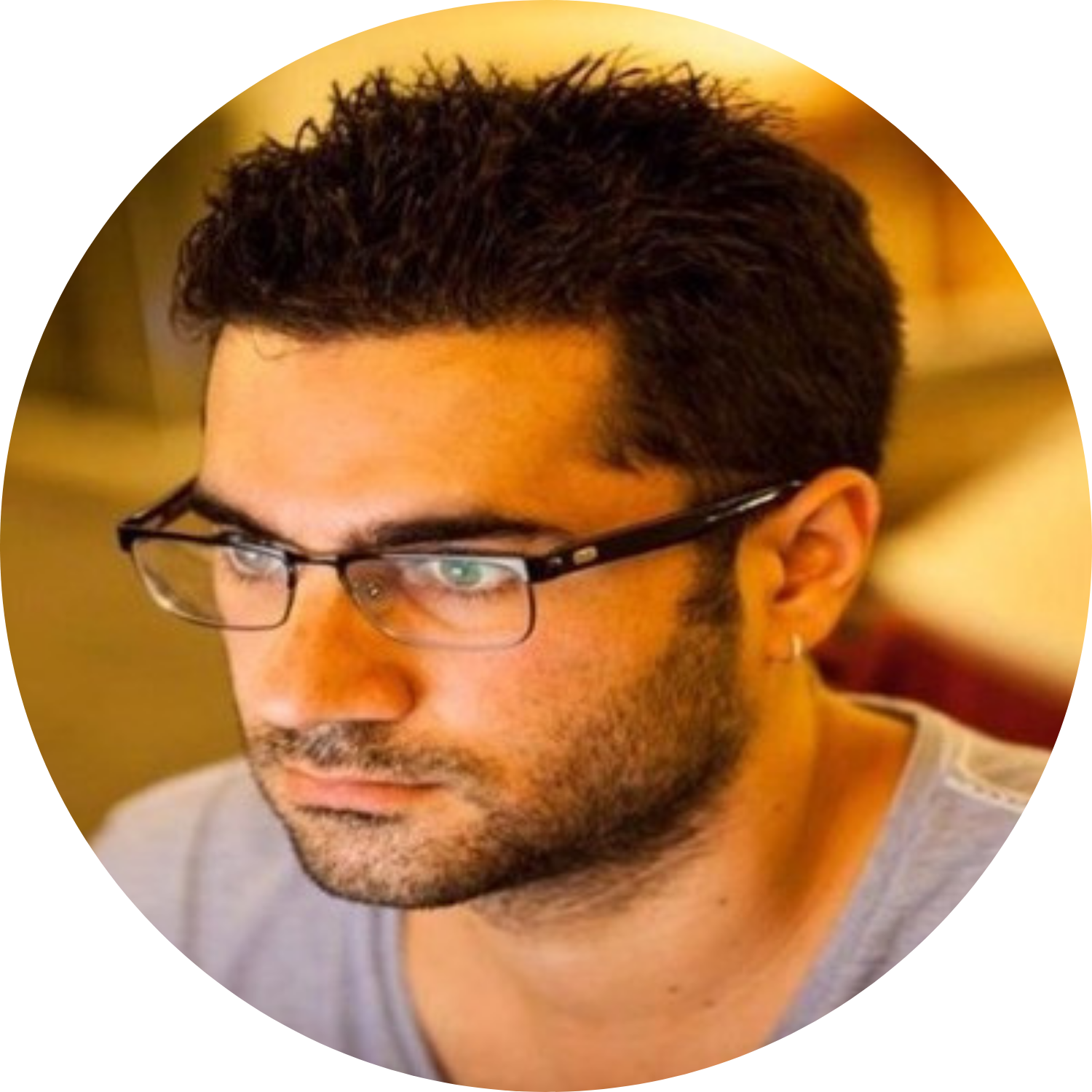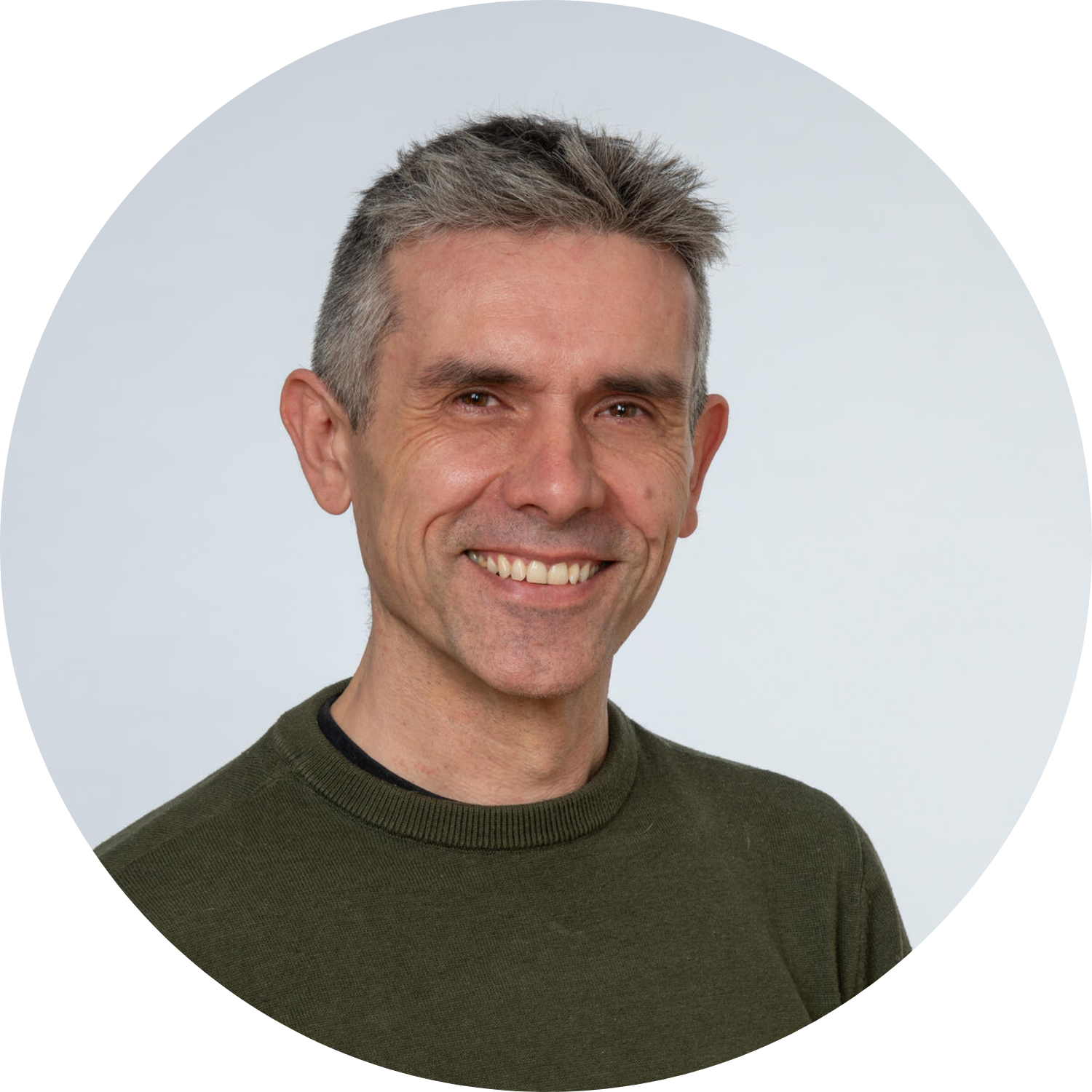National Pilot Interview Austria
Read the National Pilot Interview from Austria and explore all the progress of OSTrails pilot studies. Check the latest on their national activities and learn how they’re progressing with the integration of open science and research assessment. This month we had the pleasure of speaking with Daniel Spichtingerand Victoria Eisenheldfrom the Univerisity of Vienna (UNI WIEN), Tomasz Miksafrom the Vienna University of Technology (TU Wien)and Ilire Hasani-Mavriqifrom the Graz University of Technology (TU Graz). Enjoy!
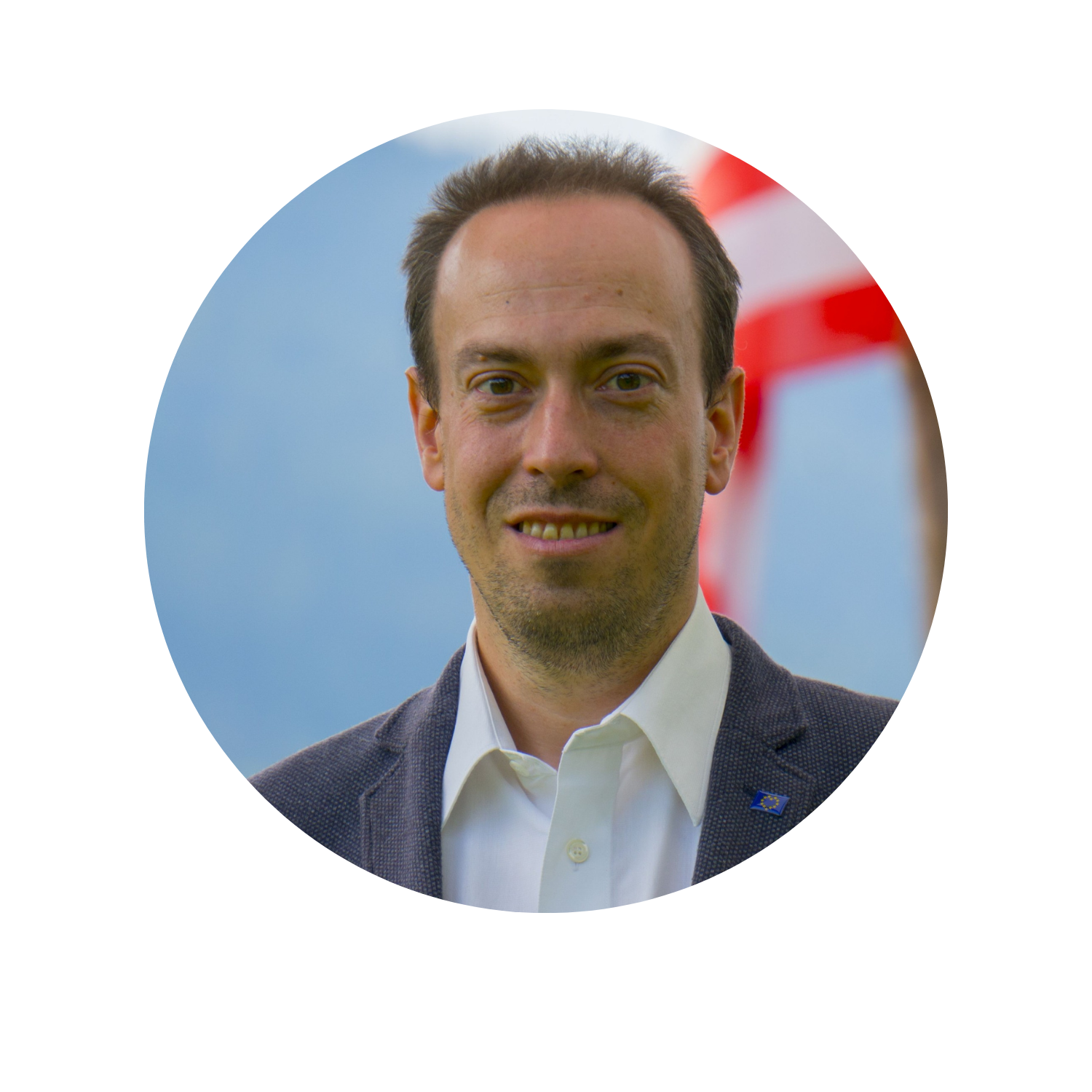
Daniel Spichtiger
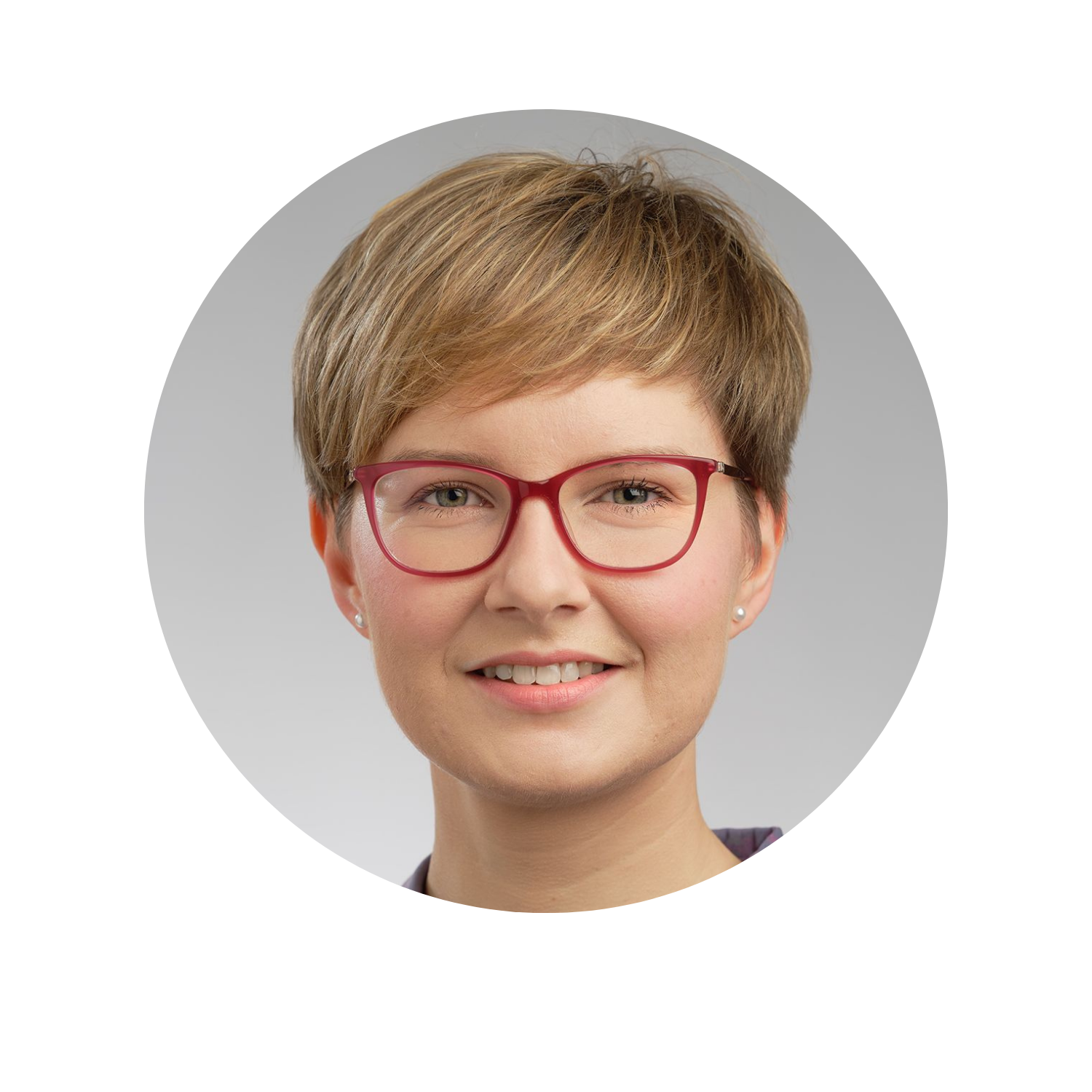
Victoria Eisenheld

Tomasz Miksa
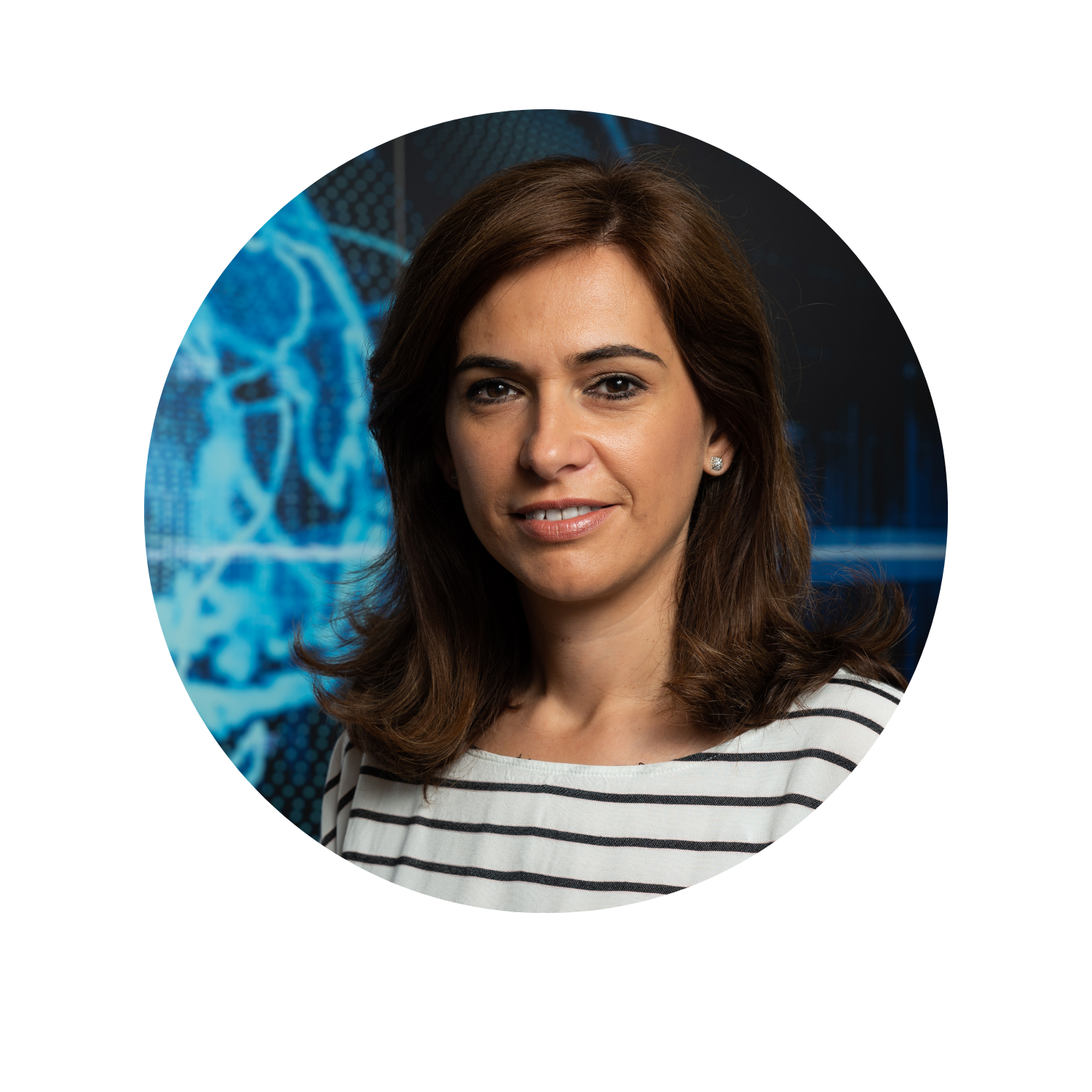
Ilire Hasani-Mavriqi
"OSTrails provides the Austrian community with the means to further enhance the quality and interoperability of RDM services. Specifically, it helps us to digitally transform data management planning at TU Graz, TU Wien, Uni Wien, and AUSSDA by maximizing the uptake of maDMPs and the FAIR principles in Austria and thus benefiting researchers by lowering the effort involved in data management."
-Can you briefly introduce your organisation? How does it/do they contribute to EOSC?
Three universities — TU Graz, TU Wien, and Uni Wien — collaborate to implement the Austrian national pilot. Each of these universities has significantly contributed to the EOSC:
Uni Wien, member of the EOSC Association since 2020, is actively involved in several EOSC-related projects and task forces, both nationally and internationally, including major EU projects like EOSC BEYOND and EOSC Future. TU Wien has been engaged in EOSC from the early stages through its involvement in the EOSC Secretariat, participating in various EOSC projects and contributing to national initiatives. TU Graz is a member of the EOSC Focus project consortium that works towards aligning the technical development of EOSC. All three organisations are members of the EOSC Support Office Austria (the operational branch of the Austrian Mandated Organization of the EOSC Association).
-What are you most excited about in OSTrails? What are you looking forward to?
In OSTrails, we are looking forward tocontributing to the Plan-Track-Assess framework components by considering several use cases in the pilot, with each organisation focusing on complementary aspects. Our common goal is to enhance DMP support, which we aim to achieve through extending, aligning and integrating DMP tools, enhancing DMP support to researchers, supporting data stewards in creating discipline-specific DMPs, providing further support implementing RDM policies, promoting FAIR principles and assessing their implementation in digital objects, as well as contributing to relevant national and international initiatives. TU Wien is specifically looking forward to adoption of the Interoperability Frameworks developed by OSTrails to better integrate their RDM services, e.g. DMP Tool based onDAMAP with repositories, SKGs, and environments where researchers work with data.
-How is planning, tracking and assessing research realised in your country/scientific domain?
In Austria, the current situation is as follows:
Planning is primarily addressed through the development and support of Data Management Plans (DMPs), including tools such as DAMAP. TU Graz, TU Wien and Medical University Graz run DAMAP as an institutional tool. They integrate it with their internal systems to maximise the reuse of information and to help in planning. Additionally, other Austrian universities participating in the national project SharedRDM are considering using DAMAP, with roll-out of the tool ongoing in some cases, and others still in the planning phase. Furthermore, many universities, including Uni Wien help researchers to meet funder requirements by manually reviewing DMPs, clarifying questions and offering trainings for researchers who write DMPs.
Tracking: Most of the universities in Austria use a CRIS system to track publications. However, these systems do not track other types of digital research objects systematically. Users can manually update relevant entries, sometimes by integration with ORCID. There is no national SKG or a comparable tracking mechanism for all types of digital research objects.
Assessing: As mentioned, staff of participating universities manually reviews DMPS on request before submission to funders. Funders usually perform simple checks of DMPs. To our knowledge, the production of digital research objects – other than publications – is not systematically reflected in the assessment of researchers’ performance at the moment. Hopefully, this will change with the adoption ofCoARA.
-Can you provide some details on your pilot's main actors, services and priorities? How will your pilot adopt the results of OSTrails?
All universities in the Austrian pilot, Uni Wien, TU Wien and TU Graz, have approved institutional RDM policies to guide the implementation of the FAIR principles.1 They provide extensive RDM-services, including support for creating and implementing DMPs, and offer workshops and training to help researchers understand and apply FAIR principles in their work. They are also involved in EOSC initiatives and projects to align with national and international standards and policies.
Uni Wien hosts the institutional repositoryPHAIDRA and is the coordinator of AUSSDA, the Austrian Social Science Data Archive consortium, which serves as the Service Provider ofCESSDA ERIC for all of Austria, offering services for the social sciences. PHAIDRA facilitates the long-term storage of research output from all scientific disciplines and multiple institutions use its open-source software across Europe. AUSSDA is certified with the Core Trust Seal that recognises it as a “trustworthy repository”. The two repositories allow and encourage the use of open licenses and provide permanent addresses for research data, along with comprehensive metadata. Uni Wien has also implemented training programs for data stewards to help bridge the gap between researchers and data management requirements.2 Furthermore, Uni Wien is involved in several large international open e-infrastructures, sometimes as a coordinator and in a leading role. The Open Data movement is a significant component of this involvement. One of Uni Wien’s primary priorities in OSTrails is to develop standardised DMP evaluation practices in line with national funder requirements and thereby improve the quality of their feedback processes to researchers.
TU Wien supports researchers to publish their research output according to FAIR principles by addressing relevant issues early on with the machine-actionable DMP toolDAMAP. They also provide a data repository that offers persistent identifiers, standardized and machine-readable usage licenses, and open, free, and standardized communication protocols. FAIRness is further assured by allowing metadata to be exported in various machine-readable formats and by adding interfaces for other external services. Additionally, TU Wien integrates FAIR principles into regular workshops and a course for master students. TU Wien also serves as the primary contact for theGO FAIR Austria office, reinforcing their commitment to FAIR data principles.
TU Wien will deploy the extended version of DAMAP that follows OSTrails Interoperability Framework for DMPs. This will allow them to have a standardised way to access information on ongoing experiments through a standardised API. Furthermore, the university plans to integrate DAMAP with software running in laboratories, where researchers conduct their experiments, to ensure better integration and to enable DMPs to become true live documents: changing contributors in a DMP created with DAMAP will result in a change of privileges in other systems, like the experimentation environment, or data repository.
TU Grazhas ratified two discipline-specific RDM policies to implement the FAIR principles. The university has been a seminal contributor to efforts such asFAIR Data Austria, developing tools and repositories for FAIR data management, and has also instituted a marketplace for FAIR/RDM-related projects.
The primary priority of the universities in the Austrian pilot is the enhancement of DMP support. This includes enhancing DMP support to researchers and supporting data stewards in creating discipline-specific DMPs. TU Graz, in collaboration with TU Wien, also focus on technological integration by improving and aligning machine-actionable DMP tools. Additionally, both universities aim to connect current repositories and machine-actionable DMP tools to the OpenAIRE Graph and other SKGs. Other goals of the Austrian pilot include to further support implementing RDM policies, promoting FAIR principles and assessing their implementation in digital objects, as well as contributing to national and international initiatives.
-Ongoing activities and Next Steps?
Given that the national pilot is supposed to start in month 18 of the project,we are still in theearly stages ofestablishing the next steps in our retrospective organisations. As a next activity, we will organise anotheronline meeting of the Austrian National Pilot. On a more technical level,AUSSDA will upgrade its repository software to increase its score in the F-UJI FAIR metric. TU Wien’s next steps willbe: a) toidentify groups of researchers for whom integration ofDAMAP via the DMP IF could be beneficial, b) to flesh out specific use cases and collect specific requirements, and c) to analyse the pathways described in Deliverable D1.1. and to discuss which of them are relevant to what extent for the university.
Thank you for the interesting discussion!
1 Uni Wien:RDM policy: https://rdm.univie.ac.at/fileadmin/user_upload/p_forschungsdatenmanagement/Dokumente/RDM_Policy_UNIVIE_v1_en.pdf
TU Wien: RDM policy: https://www.tuwien.at/index.php?eID=dms&s=4&path=Directives%20and%20Regulations%20of%20the%20Rectorate/Policy%20for%20Research%20Data%20Management.pdf
TU Graz:RDM policy: https://www.tugraz.at/sites/rdm/policies/tu-graz-framework-policy-for-rdm
2 See the websiteData Stewards at the University of Vienna for further information : https://rdm.univie.ac.at/data-stewards-at-the-university/

 - Robert Pergl
- Robert Pergl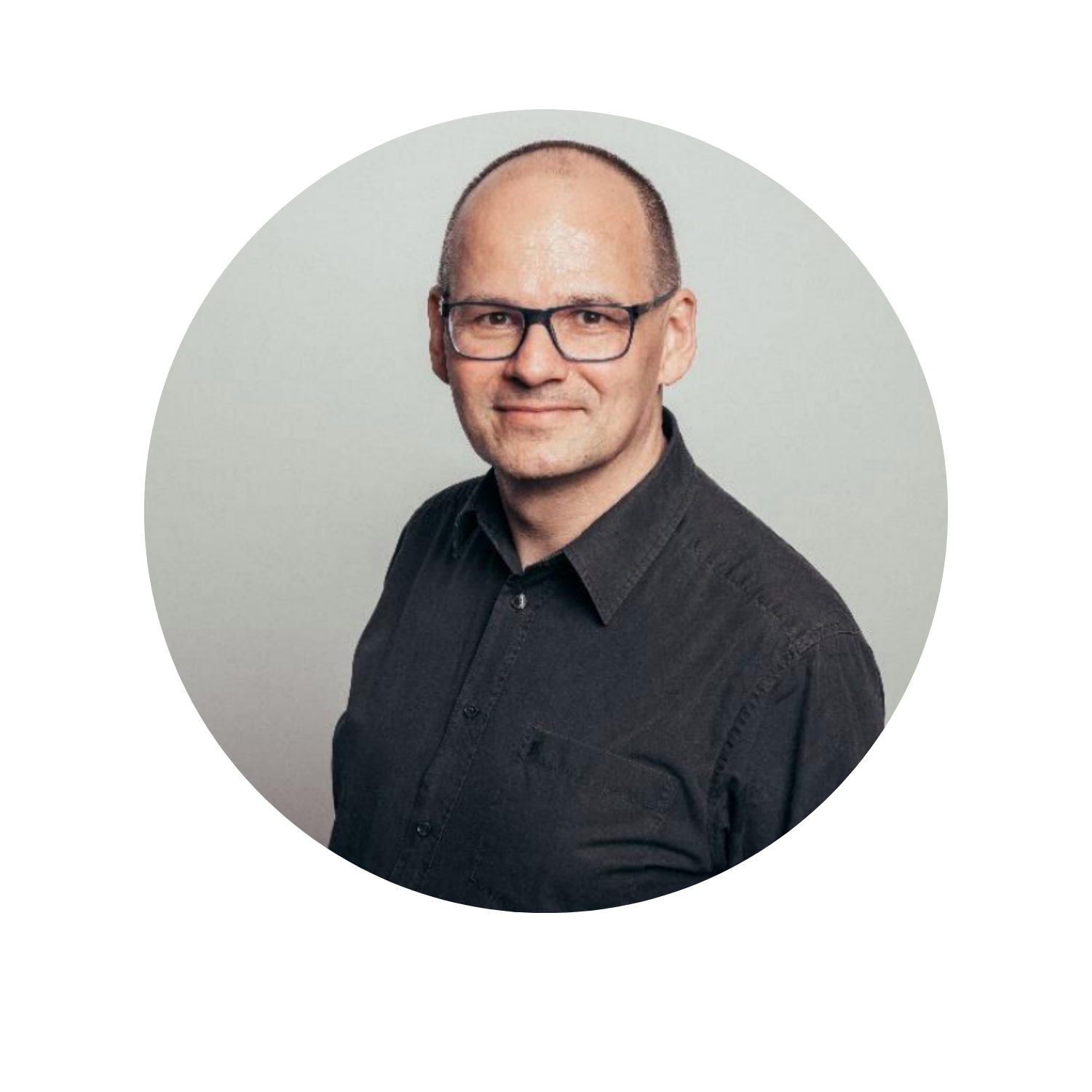

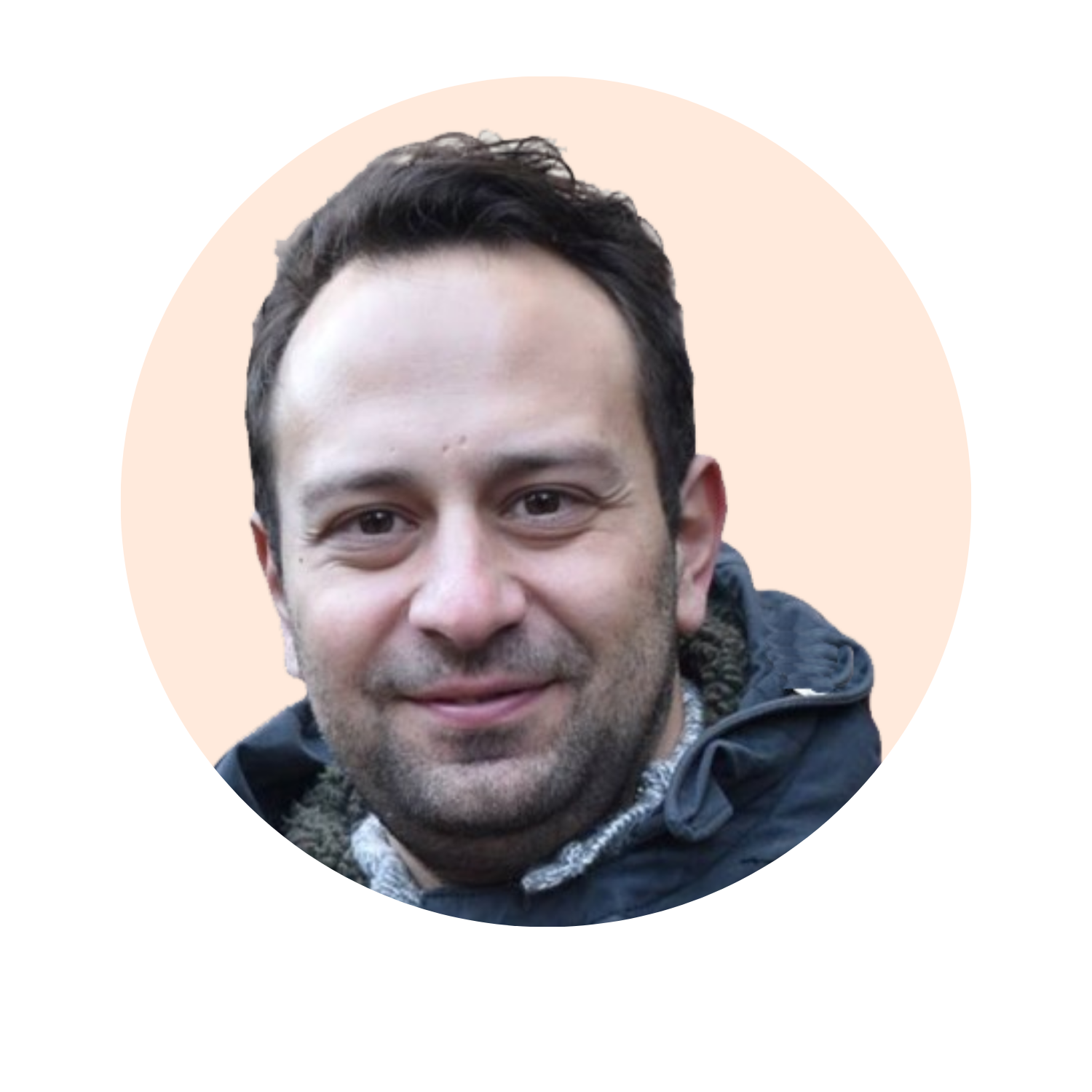
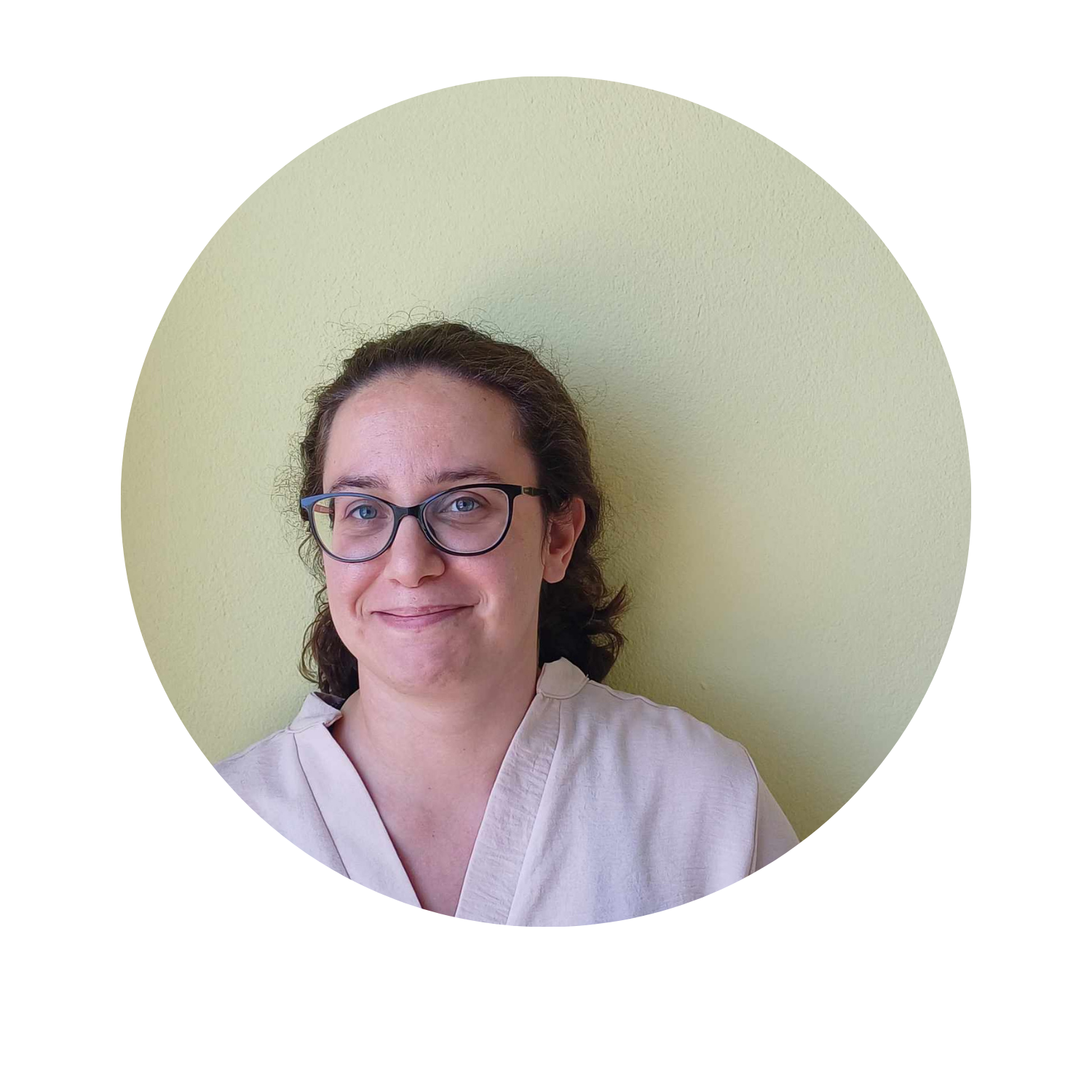

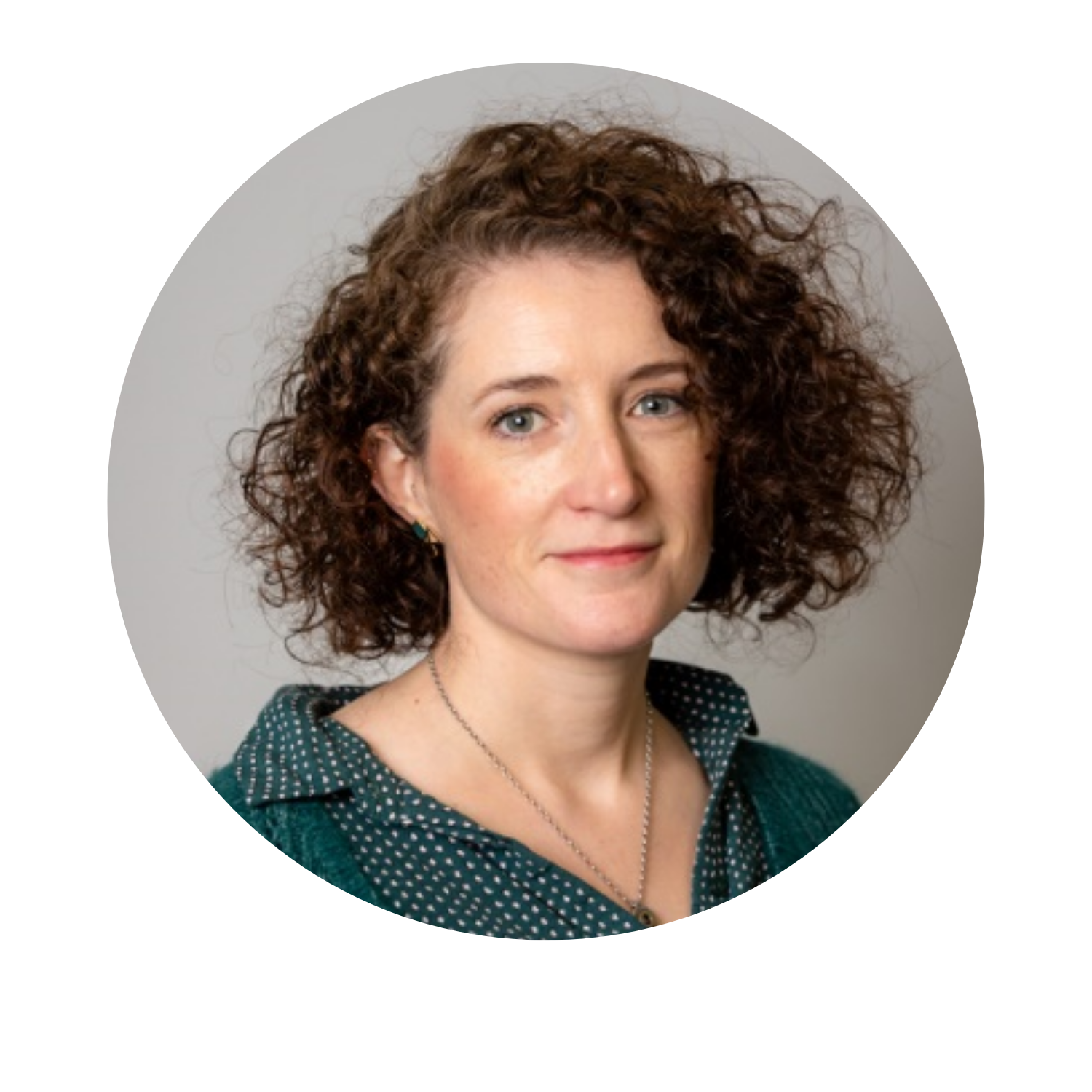
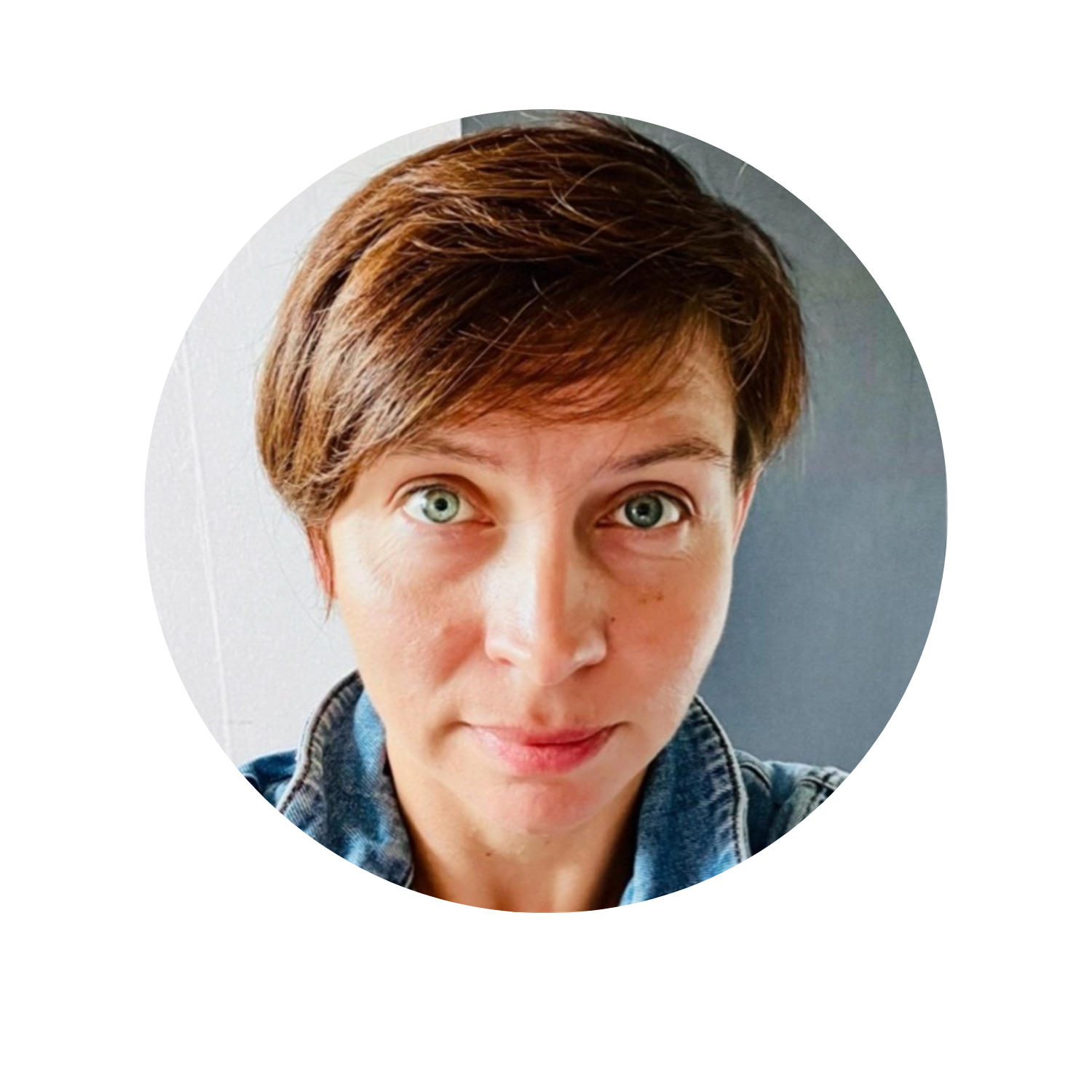
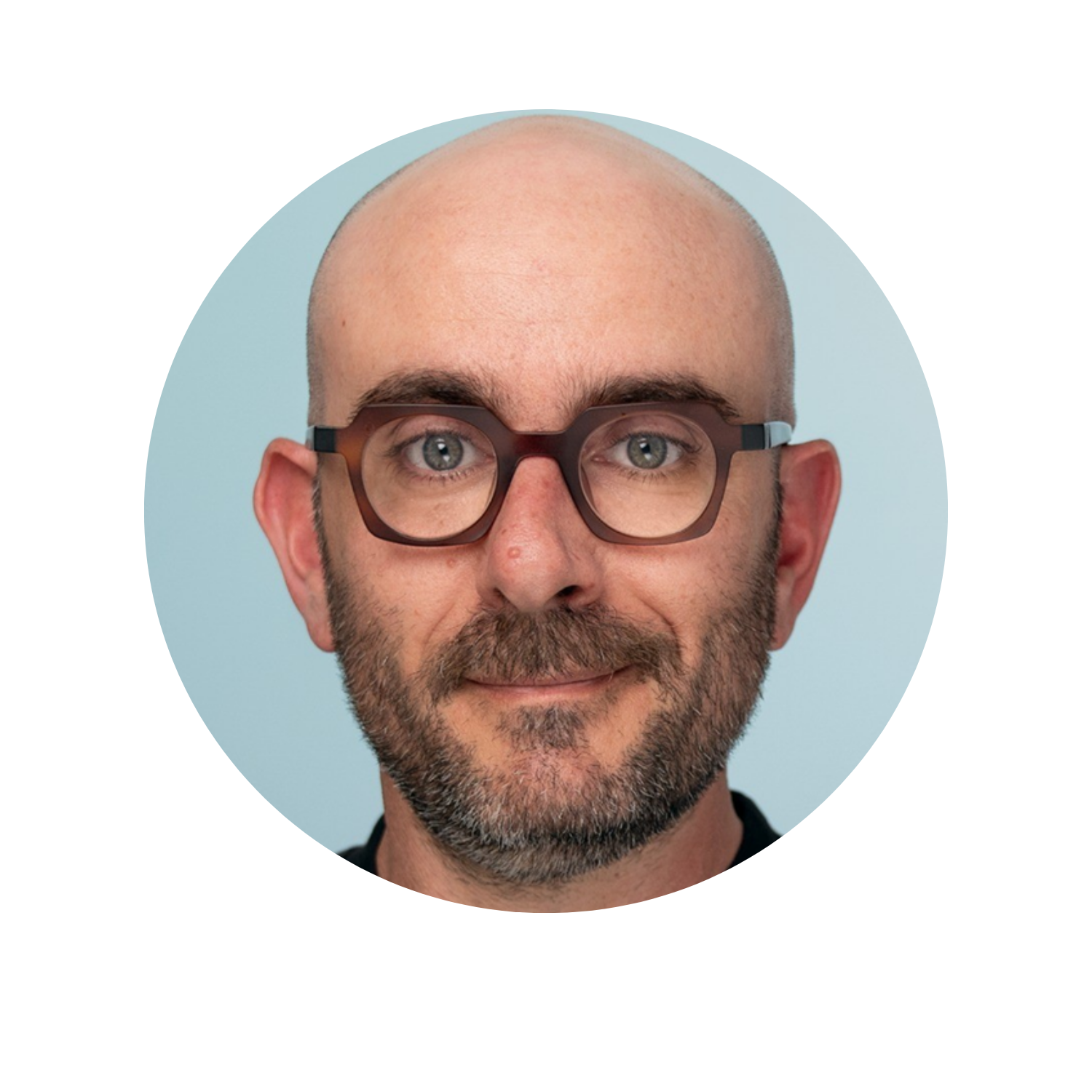 - Andrew Hoffman
- Andrew Hoffman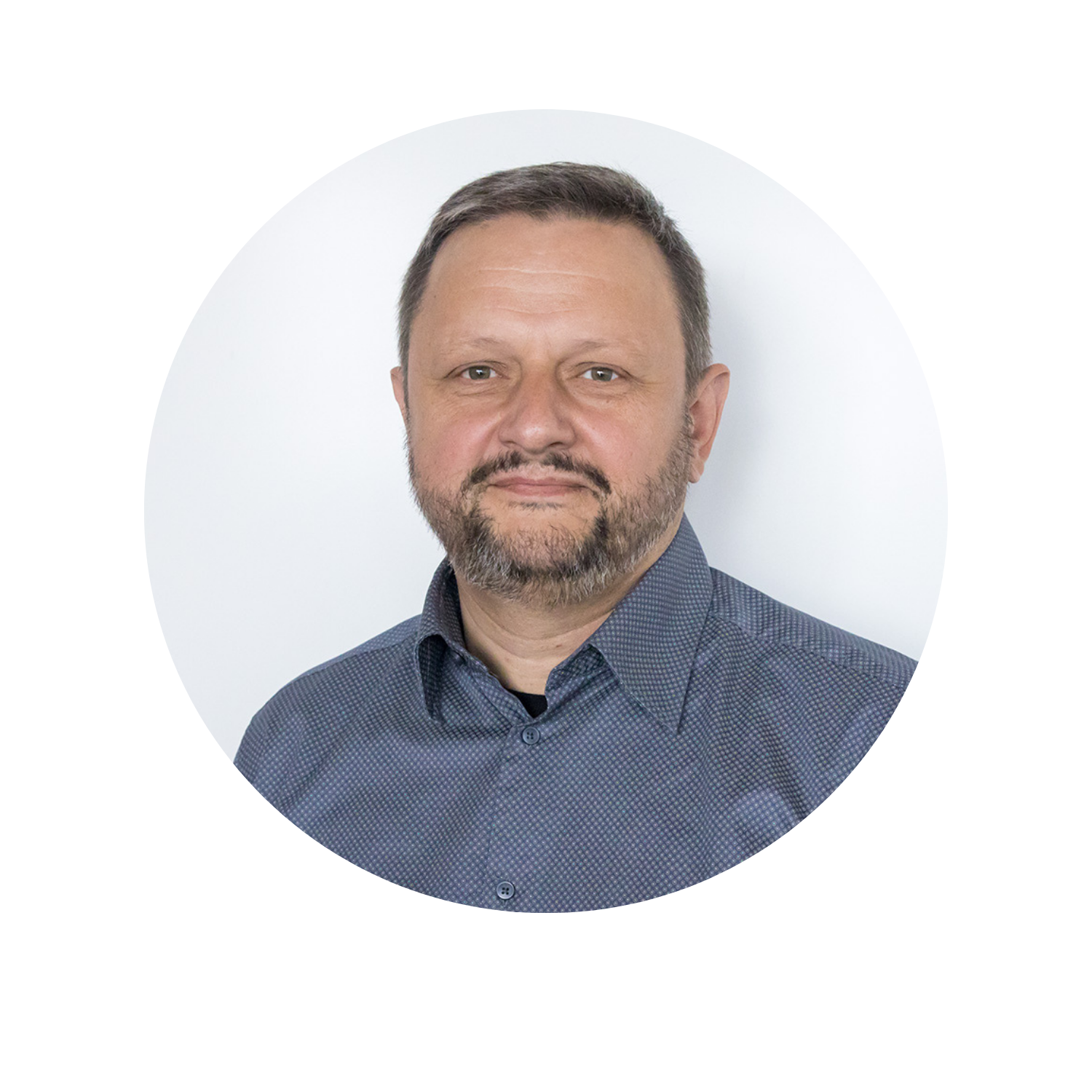 - Raimundas Tuminauskas
- Raimundas Tuminauskas  - Jakub Szprot
- Jakub Szprot - Raul Palma
- Raul Palma
